Find Help
More Items From Ergsy search
-
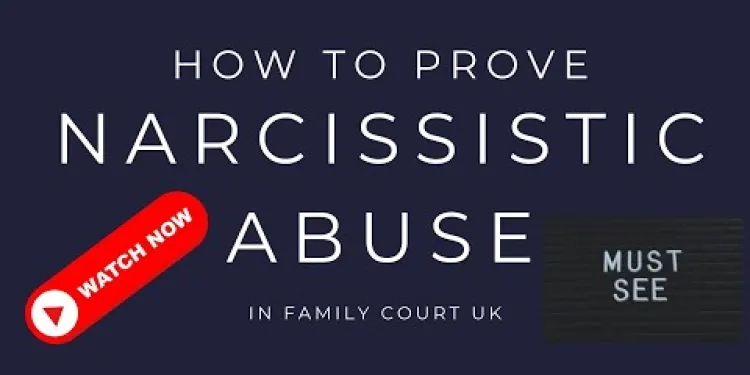
How To Prove Narcissistic Abuse In Family Court UK
Relevance: 100%
-
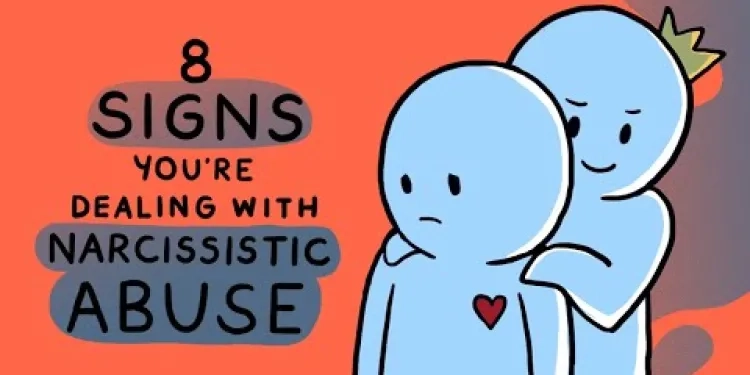
8 Signs You Are Dealing with Narcissistic Abuse
Relevance: 70%
-
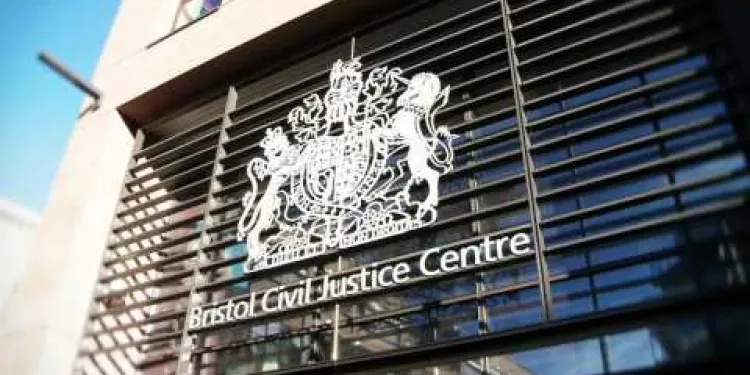
The Family Court without a Lawyer - Video 1 of 3
Relevance: 42%
-
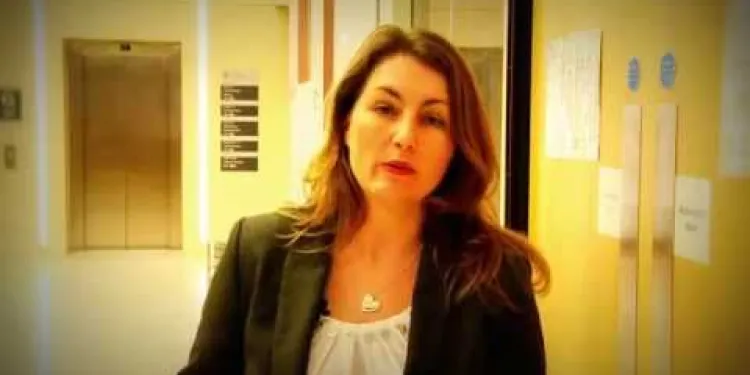
The Family Court without a Lawyer
Relevance: 40%
-
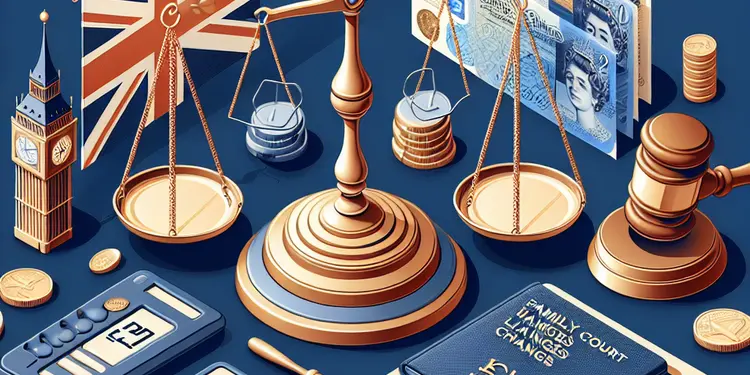
What are the changes to Family Court Law in 2026?
Relevance: 39%
-
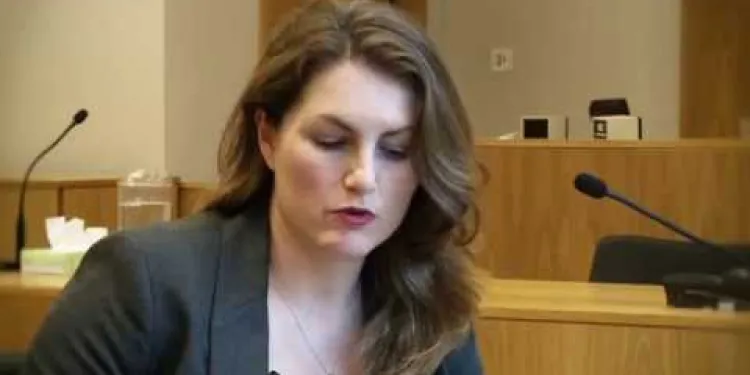
The Family Court without a Lawyer - Video 3 of 3
Relevance: 39%
-
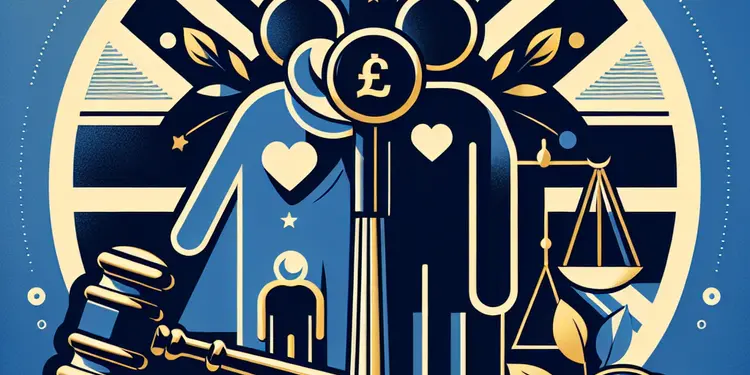
Are there modifications to legal aid access in family court for 2026?
Relevance: 37%
-
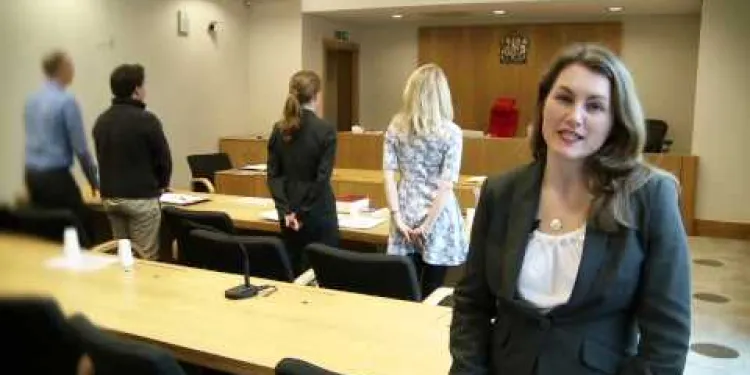
The Family Court without a Lawyer - Video 2 of 3
Relevance: 37%
-

What is the new Domestic Abuse Act in the UK?
Relevance: 36%
-

What are the new protocols for domestic violence cases in family court in 2026?
Relevance: 36%
-
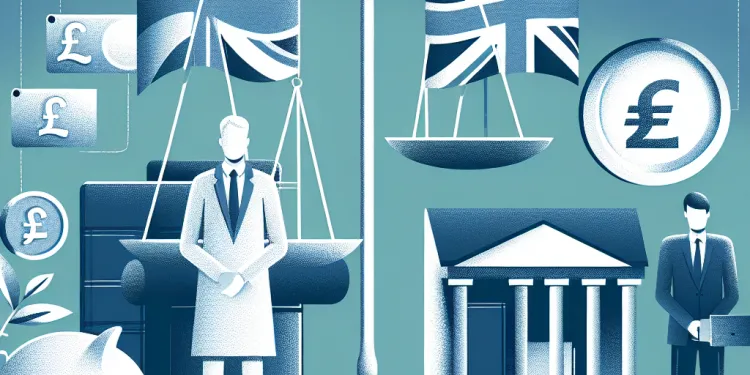
Understanding the New Domestic Abuse Laws in the UK
Relevance: 35%
-
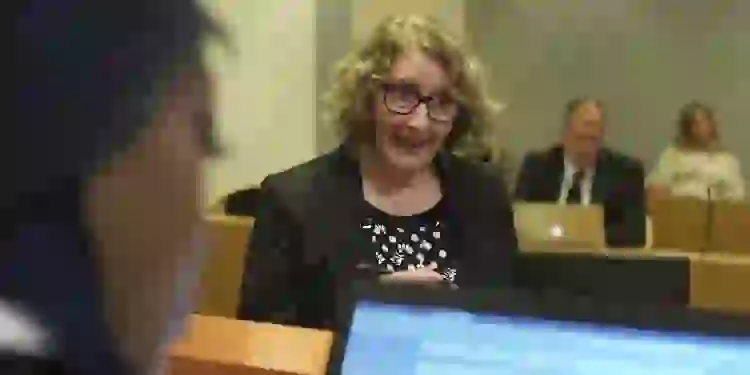
Magistrates in the Family Court: A Public Law Case
Relevance: 35%
-

Magistrates in the Family Court: A Private Law Case
Relevance: 35%
-
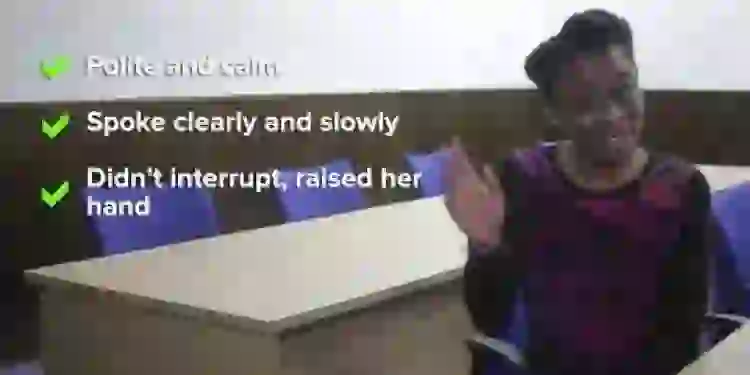
How to represent yourself in family court in England and Wales
Relevance: 34%
-

Understanding the Impact of the UK's New Domestic Abuse Legislation
Relevance: 33%
-

What digital services have been introduced in family courts in 2026?
Relevance: 32%
-

What are the key changes to family court law in 2026?
Relevance: 32%
-
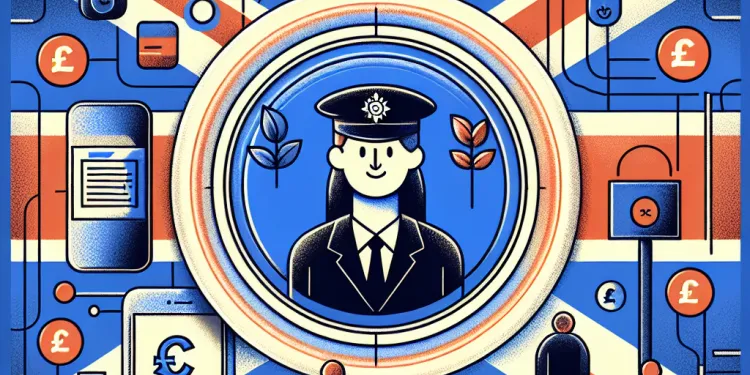
What are the signs of honour based abuse?
Relevance: 31%
-
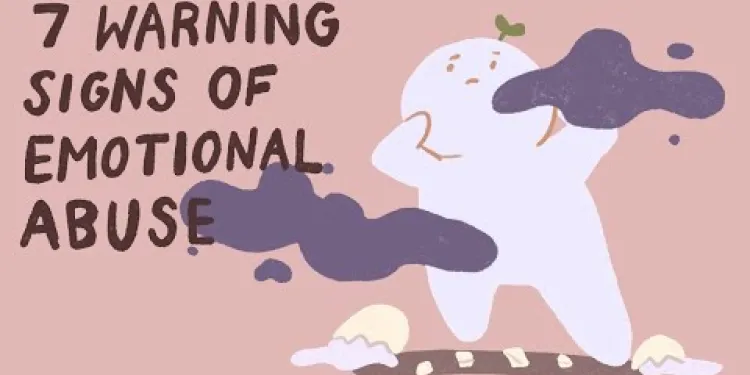
7 Warning Signs of Emotional Abuse
Relevance: 31%
-

What is Honour Based Abuse?
Relevance: 31%
-
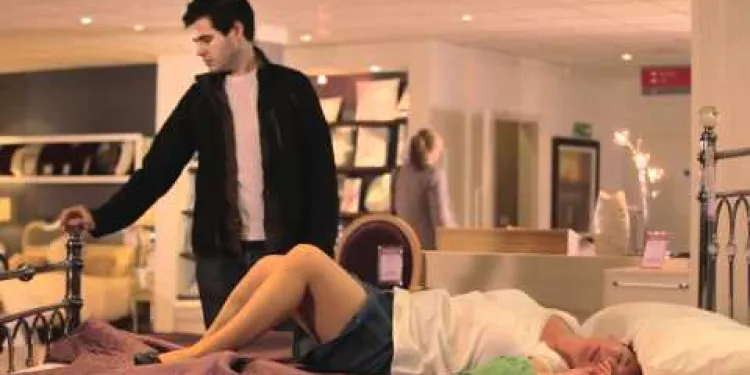
Live Fear Free - Domestic Abuse
Relevance: 31%
-
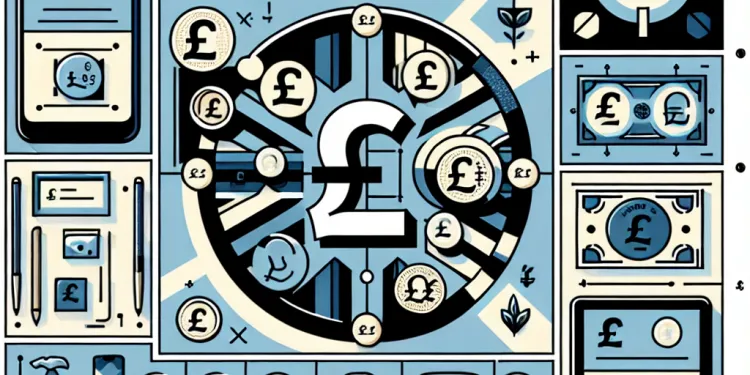
Is honour based abuse a cultural practice?
Relevance: 30%
-

What is the status of joint custody provisions in the 2026 family court updates?
Relevance: 30%
-

Who can be a victim of honour based abuse?
Relevance: 30%
-

Have the rules for changing a child's name in family court changed in 2026?
Relevance: 30%
-

Are you a male victim of domestic abuse?
Relevance: 30%
-
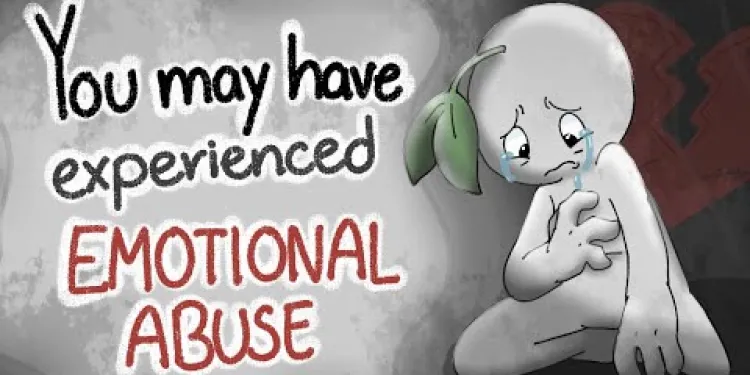
6 Signs of Emotional Abuse and Neglect
Relevance: 29%
-
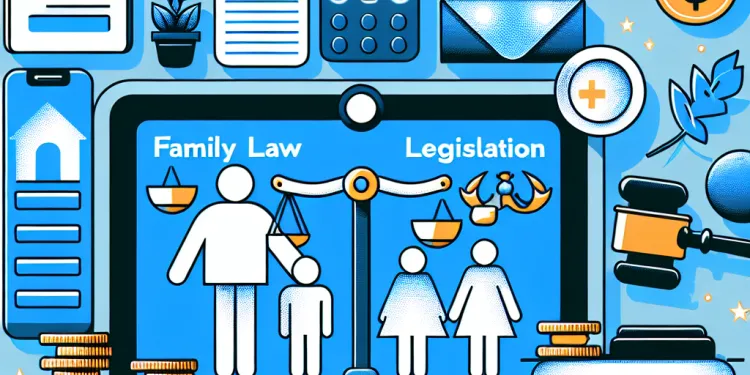
Impacts of Recent Changes to Family Law Legislation
Relevance: 29%
-
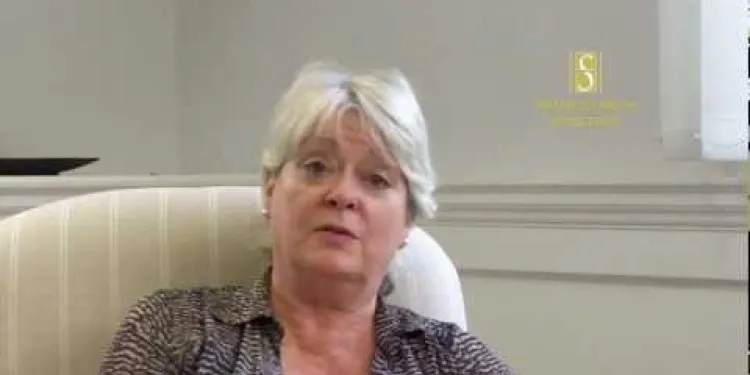
Court of Protection
Relevance: 29%
-
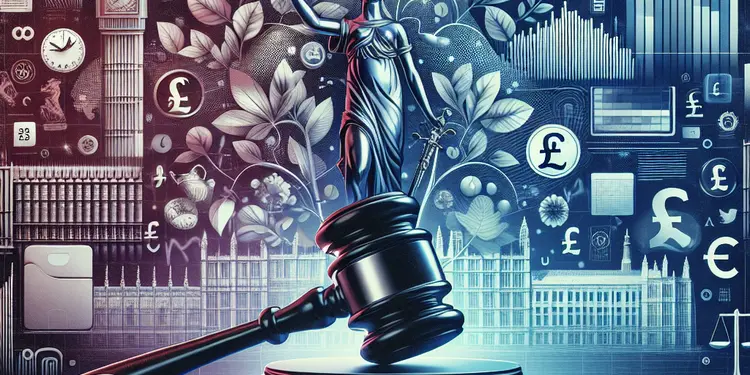
How are parental rights addressed differently in the 2026 family court updates?
Relevance: 29%
-

Have the rights of same-sex couples been affected by the 2026 family court changes?
Relevance: 29%
-

Can men be perpetrators of honour based abuse?
Relevance: 29%
-

When Kids Abuse Kids
Relevance: 29%
-
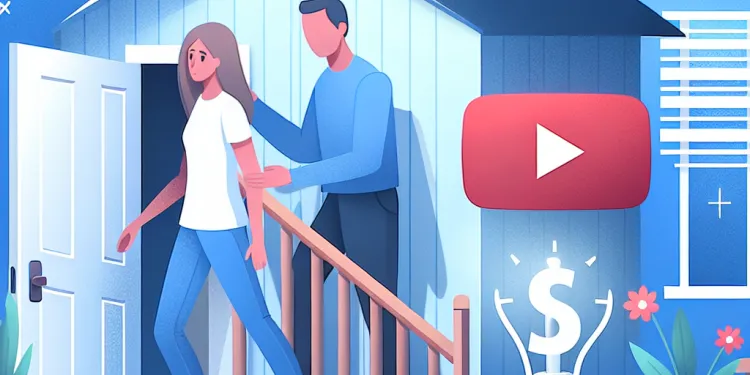
Steps to Take When Facing Domestic Abuse
Relevance: 29%
-

What constitutes economic abuse under the Domestic Abuse Act 2021?
Relevance: 29%
-

What forms can honour based abuse take?
Relevance: 28%
-
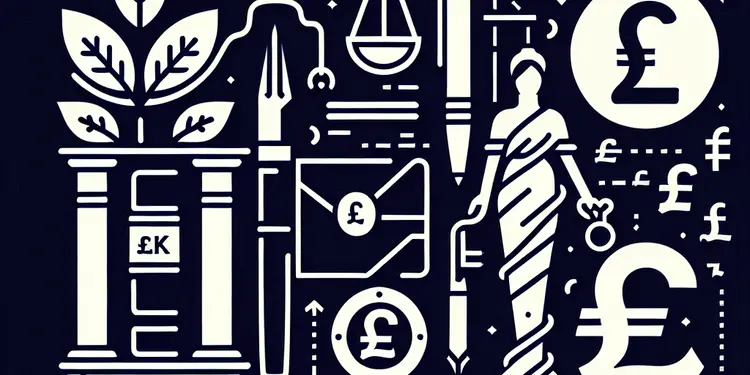
How have prenup agreements been affected by the 2026 family court changes?
Relevance: 28%
-
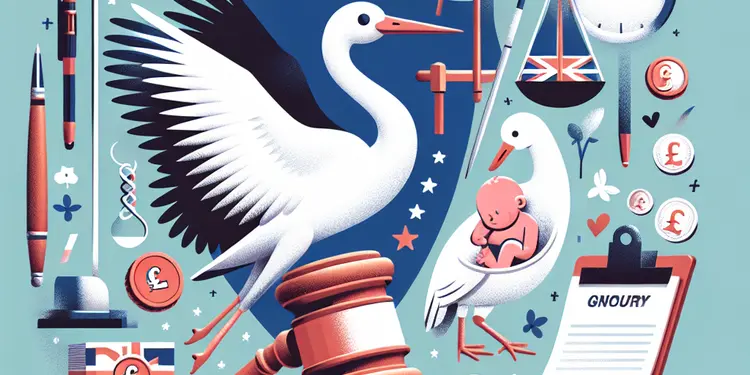
Are there any changes to surrogacy arrangements under the 2026 family court law?
Relevance: 28%
-
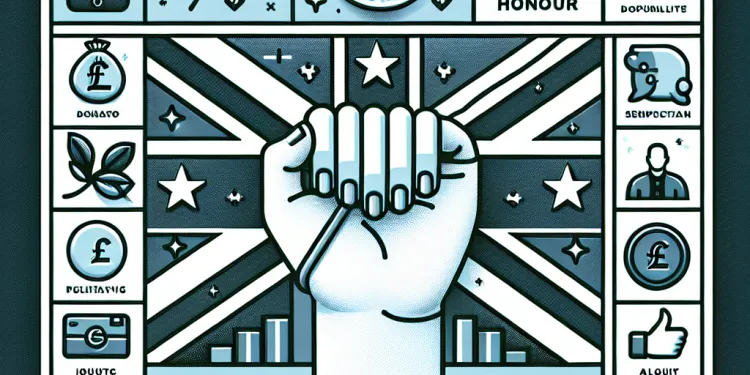
How does honour based abuse impact victims?
Relevance: 28%
-

Three-year limit for child sexual abuse claims to be removed
Relevance: 28%
How to Prove Narcissistic Abuse in Family Court in the UK
Proving narcissistic abuse in a family court setting can be challenging due to its often covert nature. Understanding the dynamics of narcissistic abuse and presenting tangible evidence can help build a compelling case.
Understanding Narcissistic Abuse
Narcissistic abuse is a pattern of manipulation, emotional exploitation, and controlling behavior exhibited by a narcissist towards their victim. It includes emotional, psychological, and sometimes even physical abuse. Victims often experience gaslighting, isolation, and belittling, which can severely affect their mental health.
Gathering Evidence
The first step in proving narcissistic abuse is to gather comprehensive evidence. This includes documenting instances of abuse, recording conversations (if legally permissible), and saving any written communications such as emails or text messages that demonstrate manipulative or abusive behavior. Medical records or psychological evaluations showing the impact of the abuse may also be helpful.
Witness Testimonies
Witness testimonies from family members, friends, or colleagues can support claims of narcissistic abuse. These individuals can provide first-hand accounts of the behavior of the abuser or the impact on the victim. It is important that witnesses are credible and can objectively describe their observations.
Consulting a Legal Professional
Seeking advice from a legal professional with experience in cases involving narcissistic abuse is crucial. A solicitor can help structure the evidence and present it effectively in court. They can also guide the victim through legal procedures and help them understand their rights and options.
Working with a Mental Health Professional
Engaging with a mental health professional can be beneficial not only for emotional support but also as an expert witness. A psychologist or therapist can substantiate claims of abuse by evaluating the victim and providing professional insights into the recorded behaviors and their psychological impact.
Presenting a Clear Narrative
Court proceedings require clear, coherent narratives. Whether through written statements or oral testimonies, it is vital to articulate the pattern of abuse in a structured manner. This includes illustrating the consistent nature of the abuser’s behavior and its effects over time.
Conclusion
Successfully proving narcissistic abuse in UK family courts involves a combination of documented evidence, credible testimonies, and professional legal and emotional support. Through careful preparation and expert guidance, victims can effectively present their case and seek justice.
How to Show Narcissistic Abuse in Family Court in the UK
Showing narcissistic abuse in court can be hard because it is often hidden. Knowing how this abuse works and showing clear evidence can help your case.
What is Narcissistic Abuse?
Narcissistic abuse is when someone uses tricks and control to hurt another person. It can hurt your feelings and mind and sometimes even your body. People who suffer from this might feel confused (gaslighted), alone, and made to feel small.
Collecting Evidence
To prove abuse, you need to collect as much evidence as you can. Write down when abuse happens. Record conversations if it is allowed. Keep messages and emails that show abusive behavior. Doctor's notes or evaluations can also help show how the abuse has affected you.
Getting Witnesses
Friends, family, or coworkers can help support your claims. They can talk about how the abuser acts or how the abuse hurts you. Make sure these witnesses are reliable and can clearly talk about what they have seen.
Talk to a Lawyer
Find a lawyer who knows about narcissistic abuse cases. They can help you organize your evidence and present it in court. They can also explain the law and your rights to you.
See a Mental Health Professional
Seeing a therapist can help you feel better and they can also support your case. A therapist can explain how the abuse affects you and support your story in court.
Tell Your Story Clearly
In court, you need to tell your story clearly. Use written statements or speak about what happened. Show how the abuser acts and the effects over time.
Conclusion
To show narcissistic abuse in UK family courts, you need evidence, reliable witnesses, and support from experts. With preparation and guidance, you can present your case and seek justice.
Frequently Asked Questions
What is narcissistic abuse?
Narcissistic abuse refers to the manipulative and controlling behavior exhibited by someone with narcissistic personality traits. This can manifest as emotional, psychological, or even physical abuse aimed at undermining the victim's self-esteem and independence.
How do I recognize signs of narcissistic abuse?
Signs of narcissistic abuse can include gaslighting, constant criticism, manipulation, isolation from friends and family, and a cycle of idealization and devaluation. Victims often feel confused, inferior, and dependent on the abuser.
What evidence is needed to prove narcissistic abuse in UK family court?
To prove narcissistic abuse in a UK family court, you should gather evidence such as documented instances of abuse, witness statements, psychological assessments, text messages, emails, and notes from therapists or counselors.
Can I record conversations as evidence of narcissistic abuse?
In the UK, recording conversations without consent can be legally complex. It is advisable to get legal advice before making or using recordings in court. The court may not admit such evidence if it's considered intrusive or obtained without consent.
Are there any legal protections for victims of narcissistic abuse?
Yes, victims of narcissistic abuse can seek protection orders, such as non-molestation orders or occupation orders under the Family Law Act 1996. These can provide legal protection and help stop the abuser's harmful behavior.
How can psychological assessments help in proving narcissistic abuse?
Psychological assessments can provide professional evaluations of a victim’s mental health and the psychological impact of the abuse. These assessments can serve as critical evidence in family court to demonstrate the effects of the abuser's actions.
What role do witness statements play in family court cases involving narcissistic abuse?
Witness statements from friends, family, or colleagues can help corroborate the victim's account of the abuse. They can provide additional perspectives on the behavior and the impact of the abuse on the victim's life.
Should I seek therapy or counseling as a victim of narcissistic abuse?
Yes, therapy or counseling can provide essential support for victims to help them recover from the trauma of abuse. Additionally, therapists may also provide reports that can be used as evidence in court.
How can social media posts be used in court to prove abuse?
Social media posts can sometimes be used as evidence if they demonstrate abusive behavior, threats, or manipulation. However, ensure any evidence collected complies with privacy laws and consult with a legal professional.
What legal advice should I seek when dealing with a narcissistic abuser in court?
Seek advice from a solicitor who specializes in family law and has experience with cases involving emotional or psychological abuse. They can guide you on the best strategies and legal protections available.
How do family courts in the UK handle cases of emotional and psychological abuse?
Family courts in the UK take cases of emotional and psychological abuse seriously. They assess the evidence presented, focusing on the welfare of any children involved, and may issue orders to protect the victim.
Can narcissistic behavior affect child custody decisions?
Yes, narcissistic behavior and any associated abuse can significantly impact child custody decisions. Courts prioritize the best interests of the child, which can lead to restricted or supervised access for the abusive parent.
What is gaslighting and how is it relevant to proving narcissistic abuse?
Gaslighting is a form of psychological manipulation in which the abuser makes the victim doubt their reality or perceptions. Documenting examples of gaslighting can be crucial in illustrating the manipulative nature of the abuse in court.
How can I protect myself from further abuse during court proceedings?
Seek a protection order, limit direct communication, and maintain safe boundaries. Work closely with your legal team and support network to ensure your safety throughout the court process.
Can a narcissistic abuser manipulate the legal proceedings?
Yes, abusers may attempt to manipulate legal proceedings by portraying themselves positively and discrediting the victim. It is essential to work with a skilled legal professional to counter these tactics effectively.
What is narcissistic abuse?
Narcissistic abuse is when someone treats another person very badly because they think they are more important. The person might say mean things or try to control others.
If you feel sad or scared because of how someone treats you, talk to someone you trust. You can also write down your feelings in a diary or draw pictures to help understand how you feel.
Narcissistic abuse happens when a person who thinks too much of themselves tries to control and hurt others. This person might try to make others feel bad. They can do this by playing mind games, making others feel bad about themselves, or even hurting them physically. The goal is to make the victim feel small and dependent.
If you find this hard to understand, it can help to talk to someone you trust or a counselor. You can also read simple books or watch videos for kids to learn more about feelings and how to deal with them.
How can I see signs of narcissistic abuse?
Here are some signs to look for:
- Mean Words: Someone often says hurtful or rude things to you.
- Feeling Odd: You feel confused or like you can’t trust yourself.
- Being Blamed: The other person always says it's your fault, even when it's not.
- Feeling Unhappy: You often feel sad or not good enough.
If these things happen, talk to someone you trust. You can also ask for help from a support group or a counselor.
Signs of being hurt by someone who only cares about themselves can be:
- They make you feel crazy by lying or denying things. This is called "gaslighting."
- They say mean things about you all the time.
- They trick you to get what they want.
- They try to keep you away from your friends and family.
- They first act really nice, then they act really mean.
People who are hurt like this can feel confused, not good enough, and like they need the person who is hurting them.
Using tools like talking to a friend, writing down your feelings, or getting help from a counselor can help you feel better.
What do you need to show if someone is being mean to you in a family court in the UK?
If you want to show that someone is hurting you in a bad way, called "narcissistic abuse," in a UK family court, you need to collect proof. This can be things like:
- Writing down when the bad things happen.
- Getting people who saw it to say what they saw.
- Getting a report from a doctor or therapist who checks your feelings and thoughts.
- Saving text messages or emails that show the bad things.
- Keeping notes from when you talked to a therapist or counselor.
You can use things like a notebook to write stuff down, or ask someone you trust to help you keep these safe.
Can I record talks to show someone is being mean like a narcissist?
It means: Can I use a recording of a chat to show someone is being really selfish and hurtful?
Tools that can help:
- Use a voice recorder to capture the talk.
- Ask someone you trust to help understand what was said.
- Write down notes about what you hear.
In the UK, recording what people say without asking them can be tricky with the law. It's a good idea to talk to a lawyer before using these recordings in court. The court might not accept the recording if it's seen as sneaky or if you didn't ask the person first.
Are there laws to help people hurt by narcissistic abuse?
People who hurt others with their words or actions can face legal consequences. If you or someone you know is being hurt by a narcissist, there might be laws to help protect you.
Here are some ways you can get help:
- Talk to Someone: Tell a trusted adult, like a parent or teacher.
- Contact Support Groups: These are people who understand and can help.
- Speak with a Lawyer: Lawyers know how to use the law to protect you.
- Call Helplines: They give advice and support to people who are hurt.
Remember, it's important to reach out and ask for help if you feel unsafe. You are not alone.
If someone is hurt by a person who is mean and doesn't care about their feelings (this is called narcissistic abuse), they can ask for help from the law.
They can ask for a special rule to keep the mean person away. This could be a rule like a non-molestation order or an occupation order. These rules are part of a law called the Family Law Act 1996.
The rules help keep the person safe and stop the mean person from doing bad things.
How can tests help to show narcissistic abuse?
Tests from a doctor or therapist can help show if someone has been hurt by narcissistic abuse. These tests look at feelings and behaviors. They help understand what has happened to the person.
Supportive tools or techniques like talking to a therapist can also help. Drawing pictures or writing in a diary can make it easier to share feelings.
Psychological assessments help experts learn about a person's mental health and how abuse has affected them. These assessments can be very important in family court to show what the abuser did.
How do witness statements help in family court cases about narcissistic abuse?
Witness statements are when people tell what they saw or know. In family court cases about narcissistic abuse, these statements can be very helpful.
Why are they important?
- They help the judge understand what happened.
- They show what the family is going through.
- They give important information about the situation.
What can you do if you need help?
- Ask someone to help you write or read the statement.
- Use tools like speech-to-text for typing.
- Break information into small, easy pieces.
These tips can make sharing what happened easier for everyone.
Statements from friends, family, or people you work with can help show that what the victim says is true. These people can talk about what they saw and how the abuse hurt the victim.
Should I talk to someone for help after being hurt by a mean person?
Yes, talking to someone like a therapist or counselor can help people hurt by abuse. They can help you feel better and heal. Therapists can also write reports that might help in court.
How can social media posts be used in court to show abuse?
Social media can help in court. It can show if someone has been hurt or treated badly.
Here are ways how:
- Messages and Comments: Mean words or messages can show if someone is being hurt. Save these as proof.
- Pictures and Videos: Photos or videos can help show what really happened.
- Posts: Things people share on social media can show how someone feels or if they are in danger.
If you need help:
- Ask a trusted adult or friend to help you gather these posts.
- Use apps or tools that save messages and images safely.
- Talk to a lawyer. They can help you understand what to do next.
Social media posts can be used as evidence if they show someone being mean, making threats, or trying to control others. But, be careful to follow privacy rules and talk to a lawyer for advice.
What help should I get from a lawyer when facing a narcissistic abuser in court?
It's good to talk to a lawyer who knows about dealing with abusers. They can tell you what to do and say in court. They will help keep you safe and make sure the law helps you.
Here are some tools and ideas that might help you:
- Bring a friend or family member to support you.
- Practice what you want to say before you go to court.
- Use simple words to tell your story clearly.
- Ask your lawyer to answer your questions.
Talk to a lawyer who knows about family issues and has helped people with feelings or mind troubles. They can tell you the best ways to stay safe and get help.
What do family courts do about emotional and mental hurt in the UK?
Family courts in the UK take cases of emotional and psychological abuse very seriously. They look at the proof given to them and think about what is best for any children involved. The court can make rules to keep the victim safe.
If you find it hard to understand, you can ask someone you trust to explain it to you. You can also use a dictionary or reading app to help you with difficult words.
Can acting like a narcissist change who gets to take care of a child?
Sometimes, the way a person acts can change who looks after a child. If someone is always thinking about themselves and not the child, this might be important when deciding who should take care of the child.
If you find it hard to understand, you can use pictures or talk to someone you trust to help explain it.
Yes, if a parent acts like a narcissist and is mean, it can change who gets to be with the child. Judges want what is best for the child. This can mean that the parent who is mean might not get to see the child as much, or only with someone watching.
To help understand more, using pictures or talking to someone you trust can be good. Reading with a helper or using simple story apps can also make it easier.
What is gaslighting and why does it matter when talking about narcissistic abuse?
Gaslighting is when someone makes you doubt what you see or feel. They try to make you think you are wrong, even when you are right. This can confuse you and make you feel upset.
Narcissistic abuse is when a person, who likes to be in control, hurts others to feel important. Gaslighting is important here because it is a way they keep control by confusing and hurting others.
To help understand this better, you can:
- Talk to someone you trust.
- Write down your thoughts and feelings.
- Read easy books or watch videos about gaslighting and narcissistic abuse.
Gaslighting is when someone tries to trick another person into doubting what they see or feel. Writing down examples of gaslighting is important. It can help show how the person is being tricky, especially if you need to go to court.
How can I stay safe from more harm during court?
Court can be a scary place. Here are some tips to help you feel safe:
- Bring a friend or family member for support.
- Talk to your lawyer about your worries.
- Ask the court if you can use a separate waiting room away from the person hurting you.
- Learn about what will happen in court so you know what to expect.
- Practice deep breathing if you start to feel scared. Breathe in slowly through your nose and out through your mouth.
Remember, it is important to tell someone if you feel unsafe.
Ask for a protection order. Talk as little as you can with the person. Keep safe space between you and them. Work with your lawyer and people who care about you. They will help keep you safe while you go to court.
Can a person who likes to control others change what happens in court?
Yes, people who hurt others might try to trick the court. They may try to look good and make the victim look bad. It's important to have a good lawyer to help fight back against these tricks.
Useful Links
This website offers general information and is not a substitute for professional advice.
Always seek guidance from qualified professionals.
If you have any medical concerns or need urgent help, contact a healthcare professional or emergency services immediately.
Some of this content was generated with AI assistance. We’ve done our best to keep it accurate, helpful, and human-friendly.
- Ergsy carfully checks the information in the videos we provide here.
- Videos shown by Youtube after a video has completed, have NOT been reviewed by ERGSY.
- To view, click the arrow in centre of video.
- Most of the videos you find here will have subtitles and/or closed captions available.
- You may need to turn these on, and choose your preferred language.
- Go to the video you'd like to watch.
- If closed captions (CC) are available, settings will be visible on the bottom right of the video player.
- To turn on Captions, click settings .
- To turn off Captions, click settings again.
More Items From Ergsy search
-

How To Prove Narcissistic Abuse In Family Court UK
Relevance: 100%
-

8 Signs You Are Dealing with Narcissistic Abuse
Relevance: 70%
-

The Family Court without a Lawyer - Video 1 of 3
Relevance: 42%
-

The Family Court without a Lawyer
Relevance: 40%
-

What are the changes to Family Court Law in 2026?
Relevance: 39%
-

The Family Court without a Lawyer - Video 3 of 3
Relevance: 39%
-

Are there modifications to legal aid access in family court for 2026?
Relevance: 37%
-

The Family Court without a Lawyer - Video 2 of 3
Relevance: 37%
-

What is the new Domestic Abuse Act in the UK?
Relevance: 36%
-

What are the new protocols for domestic violence cases in family court in 2026?
Relevance: 36%
-

Understanding the New Domestic Abuse Laws in the UK
Relevance: 35%
-

Magistrates in the Family Court: A Public Law Case
Relevance: 35%
-

Magistrates in the Family Court: A Private Law Case
Relevance: 35%
-

How to represent yourself in family court in England and Wales
Relevance: 34%
-

Understanding the Impact of the UK's New Domestic Abuse Legislation
Relevance: 33%
-

What digital services have been introduced in family courts in 2026?
Relevance: 32%
-

What are the key changes to family court law in 2026?
Relevance: 32%
-

What are the signs of honour based abuse?
Relevance: 31%
-

7 Warning Signs of Emotional Abuse
Relevance: 31%
-

What is Honour Based Abuse?
Relevance: 31%
-

Live Fear Free - Domestic Abuse
Relevance: 31%
-

Is honour based abuse a cultural practice?
Relevance: 30%
-

What is the status of joint custody provisions in the 2026 family court updates?
Relevance: 30%
-

Who can be a victim of honour based abuse?
Relevance: 30%
-

Have the rules for changing a child's name in family court changed in 2026?
Relevance: 30%
-

Are you a male victim of domestic abuse?
Relevance: 30%
-

6 Signs of Emotional Abuse and Neglect
Relevance: 29%
-

Impacts of Recent Changes to Family Law Legislation
Relevance: 29%
-

Court of Protection
Relevance: 29%
-

How are parental rights addressed differently in the 2026 family court updates?
Relevance: 29%
-

Have the rights of same-sex couples been affected by the 2026 family court changes?
Relevance: 29%
-

Can men be perpetrators of honour based abuse?
Relevance: 29%
-

When Kids Abuse Kids
Relevance: 29%
-

Steps to Take When Facing Domestic Abuse
Relevance: 29%
-

What constitutes economic abuse under the Domestic Abuse Act 2021?
Relevance: 29%
-

What forms can honour based abuse take?
Relevance: 28%
-

How have prenup agreements been affected by the 2026 family court changes?
Relevance: 28%
-

Are there any changes to surrogacy arrangements under the 2026 family court law?
Relevance: 28%
-

How does honour based abuse impact victims?
Relevance: 28%
-

Three-year limit for child sexual abuse claims to be removed
Relevance: 28%


